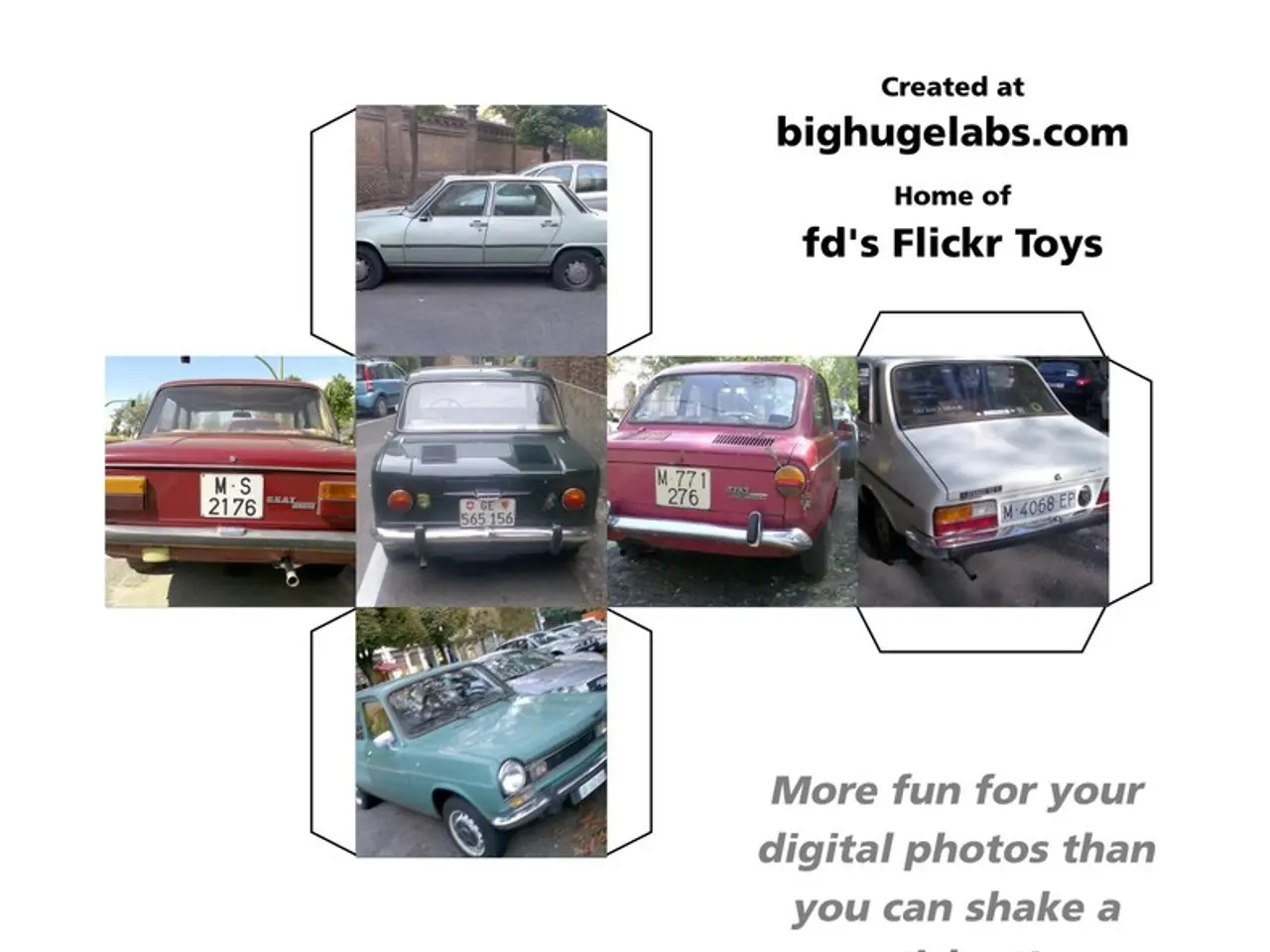Texas Grants Permit for Tesla's Robotaxi Service, Igniting a Spike in TSLA Stock and Market Excitement
Tesla Secures Statewide Permit for Robotaxi Service in Texas
Tesla has made a significant stride in the autonomous vehicle industry with the securing of a statewide permit from the Texas Department of Licensing and Regulation (TDLR) to operate its Robotaxi service as a transportation network company (TNC) across Texas until August 6, 2026. This permit allows Tesla to operate fully driverless Robotaxi vehicles without human safety operators, a key distinction from many competitors who currently require onboard safety drivers.
The permit was issued under a new Texas law effective September 1, 2025, regulating autonomous vehicle ride-hailing services similarly to human-driven rideshare platforms. Operators of autonomous vehicles in Texas must comply with requirements such as having cameras, proper insurance, and adherence to traffic laws. Tesla’s permit allows it to function as a licensed TNC statewide, enabling both supervised and fully autonomous commercial ride-hailing.
Tesla began a pilot Robotaxi program in Austin in June 2025, initially with a small fleet of Model Y vehicles equipped with Full Self-Driving (FSD) software. Rides were invitation-only and monitored by a human safety driver initially. The company quickly expanded the Austin service area twice within weeks and now aims for a statewide rollout of the Robotaxi service, enabled by the new permit. Tesla CEO Elon Musk has announced plans to open the Robotaxi service to the general public in September 2025, with ambitions to eventually reach half of the U.S. population by the end of 2025.
However, the move towards fully driverless ride-hailing raises typical autonomous vehicle safety concerns, including system reliability, handling of complex driving scenarios, and public safety in mixed traffic environments. There has been no public detail on Tesla’s internal safety protocols or third-party validations accompanying the statewide permit. Reports suggest that Tesla has withheld certain incident data from public release, raising concerns about transparency in its robotaxi program. Videos posted online have captured incidents of Tesla’s robotaxis running stop signs, drifting into the wrong lanes, and failing to detect oncoming trains.
The NHTSA is investigating Tesla's robotaxi program due to concerns about safety. The Texas regulatory framework includes requirements for cameras and insurance, but specific operational safety oversight details were not fully disclosed in the sources. Critics argue that while Musk often cites safety metrics favorable to Tesla, independent experts argue the data lacks consistent, third-party validation.
Despite these concerns, Texas's friendly autonomous vehicle testing environment and clear legal frameworks make it a proving ground for Tesla's robotaxi. Tesla was spotted testing its robotaxi in Miami without any safety driver, hinting at Tesla's national ambitions and confidence in its self-driving system. The company's push into Texas marks the first time the company has deployed autonomous vehicles with paying passengers.
In summary, Tesla’s Texas Robotaxi permit marks a regulatory milestone enabling the company to operate fully autonomous ride-hailing services statewide without human safety monitors. Expansion from an Austin pilot to the general public is imminent, but safety and operational oversight concerns remain important as the technology scales and integrates into broader traffic systems. The NHTSA is in contact with Tesla to gather more information about these incidents, and the permit is valid until August 6, 2026.
- The securing of the statewide permit by Tesla for its Robotaxi service in Texas underscores the company's significant progress in the autonomous vehicle industry, particularly within the finance sector, as it represents a new revenue stream.
- The regulation of autonomous vehicle ride-hailing services in Texas resembles the industry standards for human-driven rideshare platforms, implicating a convergence of traditional transportation and technology, as well as the finance and investing landscapes.
- As Tesla's Robotaxi service begins to integrate more extensively into the transportation industry through statewide expansion, concerns about safety escalate, prompting the NHTSA to investigation and raising questions about transparency in the business realm.
- Despite concerns about safety and operational oversight, the clear legal frameworks and favorable testing environment in Texas make it an attractive market for Tesla to demonstrate the scalability and compatibility of its automotive technology in the stock-market.




